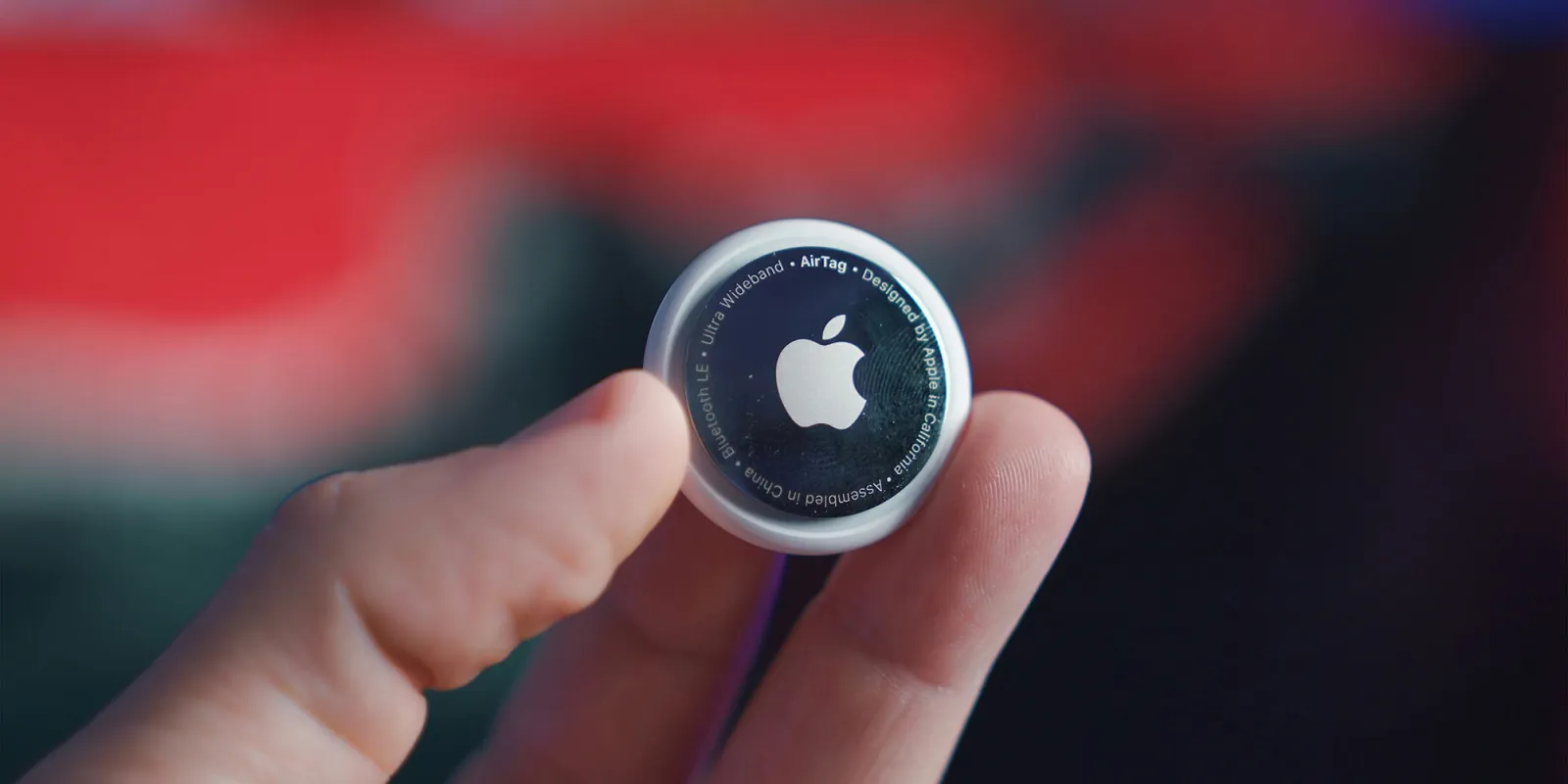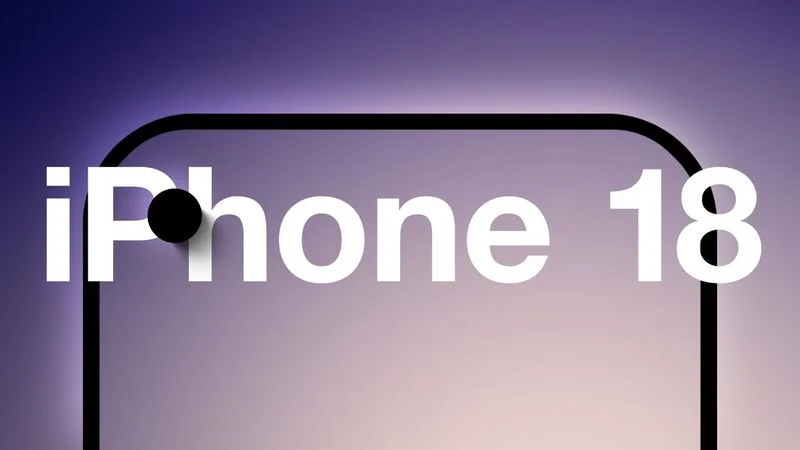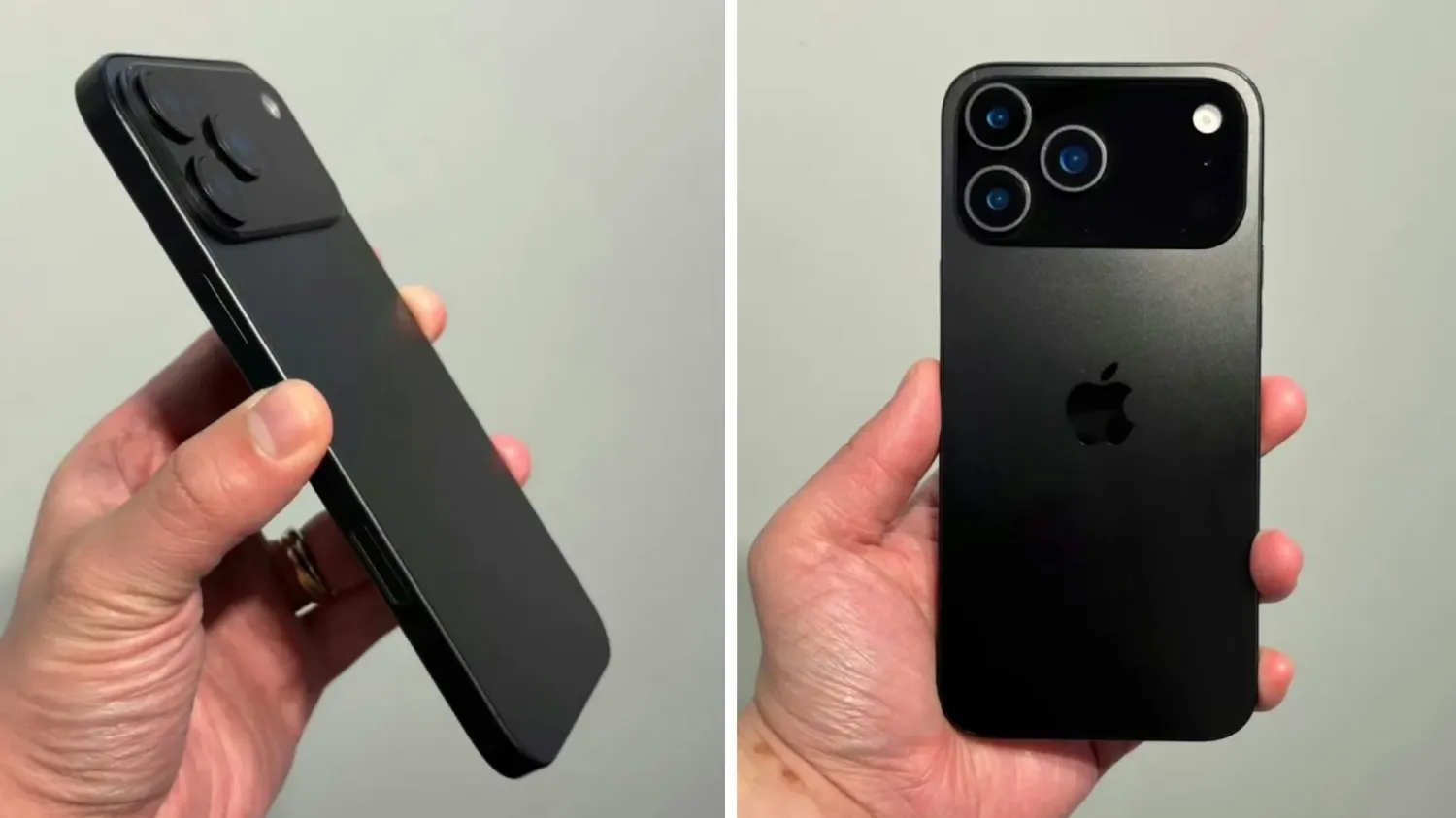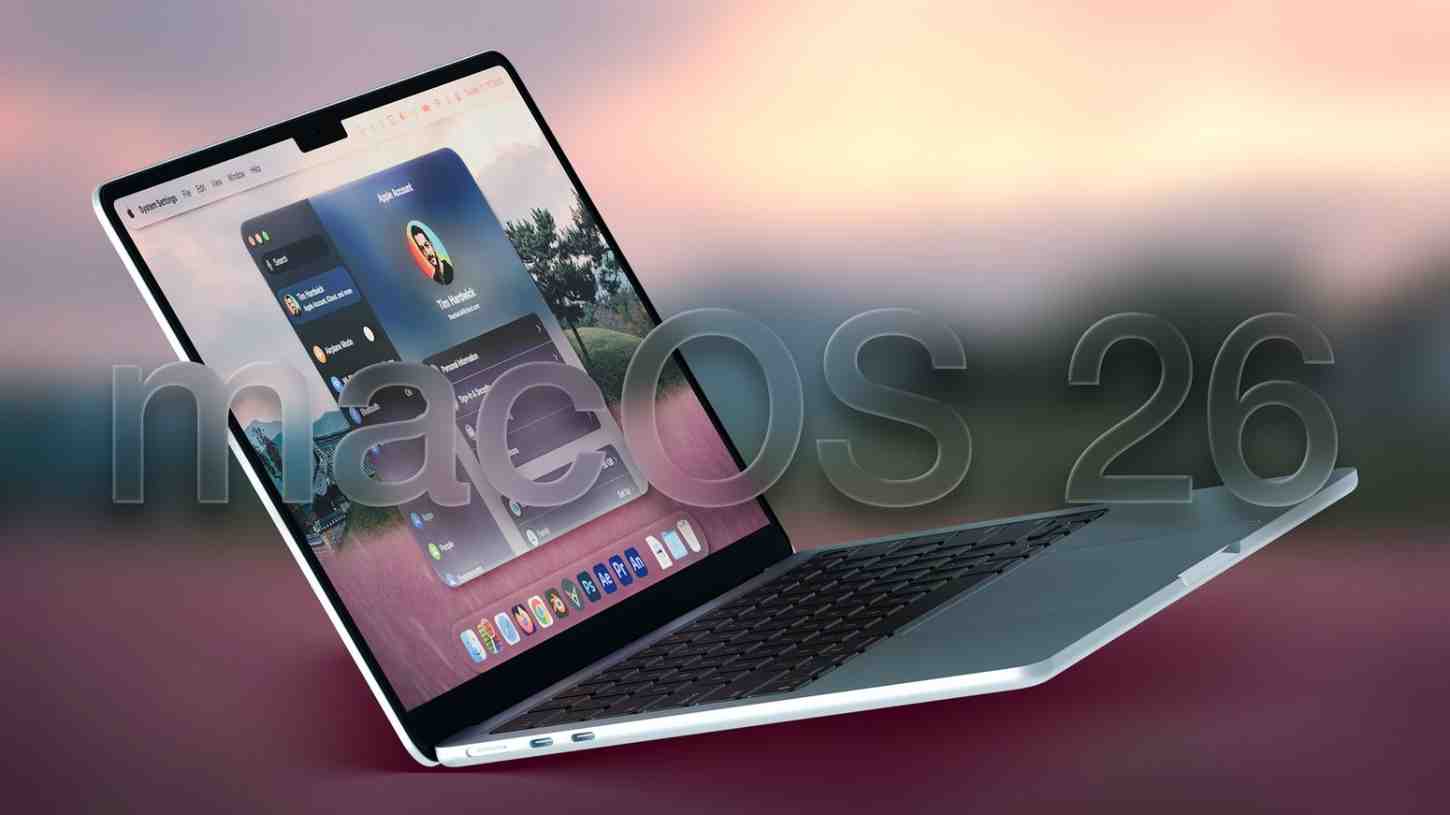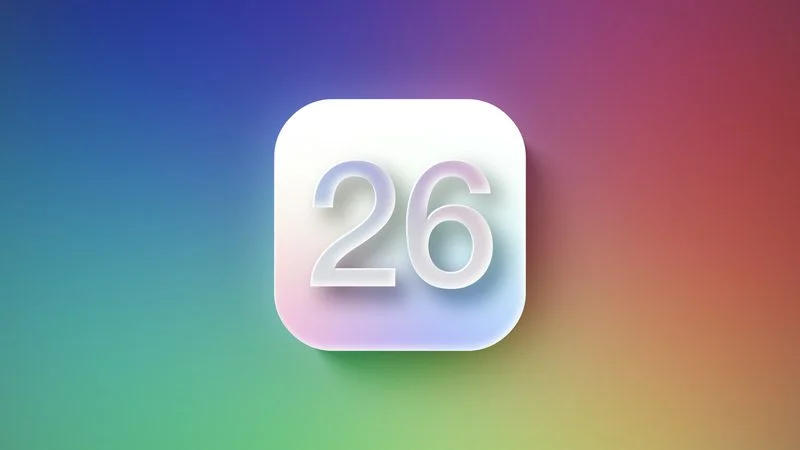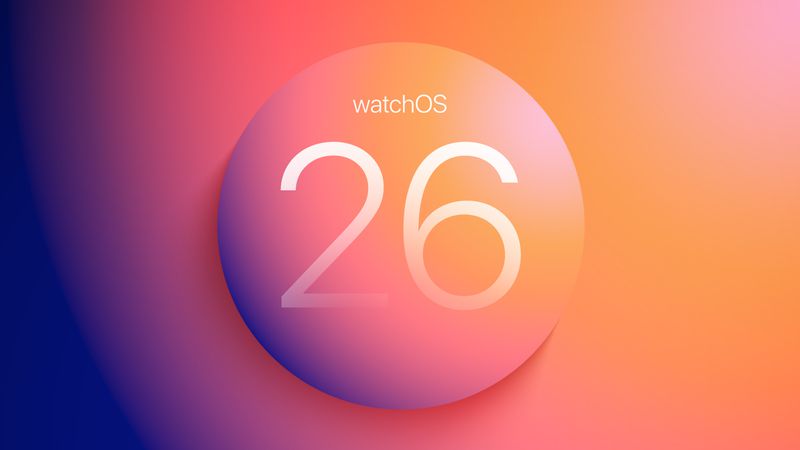Apple’s next AirTag, dubbed AirTag 2, might hit shelves in September or later this year, according to a recent 9to5Mac report citing trusted sources. The updated tracker could be revealed alongside the iPhone 17 during Apple’s big fall event, which is less than three months away.
The report also mentions that iOS 18.6 beta code suggests compatibility with the new AirTag, hinting at its upcoming release. One key upgrade for the AirTag 2 is better battery alerts. The current model shows when the battery is low in the Find My app, but the new version will notify users at two levels: low and very low.
There’s speculation from 9to5Mac that this could mean a rechargeable battery, but Bloomberg’s Mark Gurman says Apple will likely stick with a replaceable one, as noted in his November 2024 newsletter. Originally, Gurman predicted a mid-2025 launch, around June or July, but the timeline has shifted to later this year.
The AirTag 2 is expected to track items up to three times farther than the current model, thanks to a new chip. It’ll also have a tougher-to-remove speaker to prevent misuse, like stalking, while keeping a similar look to the original, released in April 2021. That first AirTag launched with products like the M1 iMac and iPhone 12 in purple. With these upgrades, the AirTag 2 promises better tracking and safety features, making it a handy tool for keeping tabs on your belongings.
